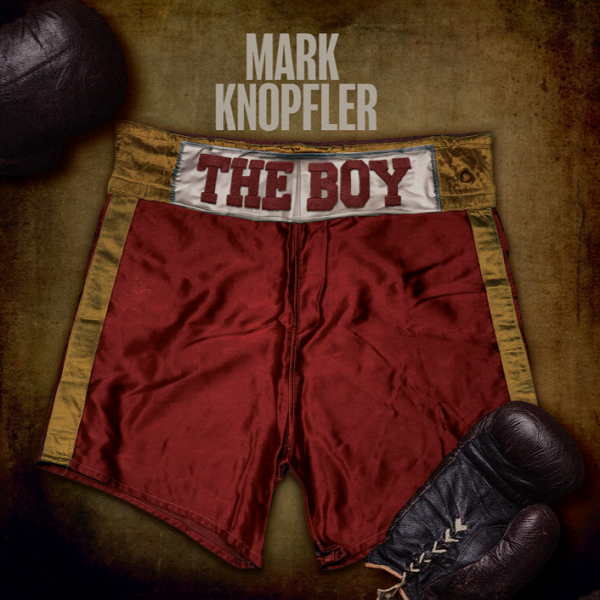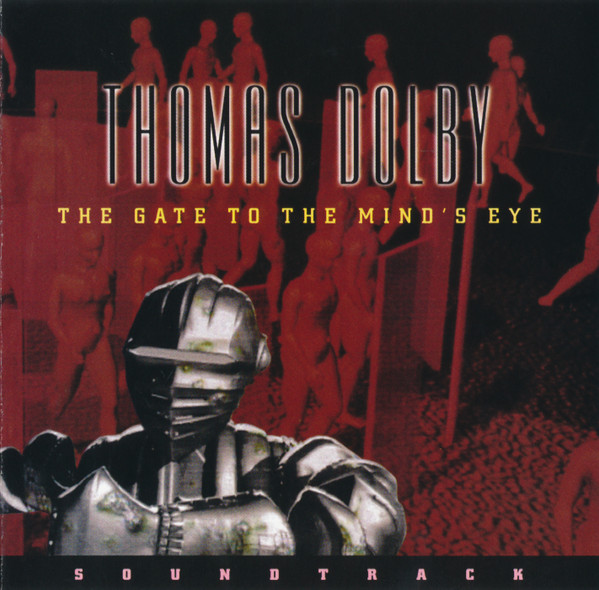
In the summer of 1984, Elvis Costello’s career found another path when he embarked on a solo tour and got along with his opening act, T Bone Burnett, like a house on fire. They bonded over their love of all American music and related arcana, and created wacky alternate egos called the Coward Brothers to play covers together. A collaborative single, “The People’s Limousine”, was their only credited output, though T Bone would go on to produce a handful of albums for and with Elvis over the years, beginning with
King Of America.
Forty years later, right on the heels of an expanded reissue spurred by that album, an official Coward Brothers album finally appeared, billed as the soundtrack to an EC-penned radio play. Directed by Christopher Guest and available exclusively on the Audible platform, The True Story Of The Coward Brothers is full of forced wordplay and inside jokes in the guise of a documentary about the mythical duo. T Bone exaggerates his Texan accent, while Elvis leans so much on his Scouse origins that he often sounds like a raspy John Lennon caricature. Even reading his own words, the man is still no actor.
Unfortunately, the storyline does little to illuminate the 20 songs on The Coward Brothers, and vice versa. Most were written by Elvis alone, four are collaborations with T Bone (who’s solely credited on just one), and three were written with Guest, who also adds vocals and instrumentation here and there. The production has T Bone’s stamp all over it, and not just on the tracks featuring Burnett regulars Dennis Crouch and Jay Bellarose. But what works very well for Robert Plant and Alison Krauss just sounds here like they spent a lot of money making the recordings sound cheap and distorted, like the primitive tapes they’re purported to be. This wouldn’t be such a big deal if the songs were stellar, but they’re not.
“Always” is a wonderful opener, a gentle duet, shoved aside by the dotty piano and wheezy organ of “Like Licorice”. “My Baby Just Squeals (You Heel)” may have been their mythical smash single, but the pointedly amateurish production and female interjections don’t do the track any favors, nor does the steal from the Stones’ “Connection”. “Devil Doll” would have promise, except that T Bone recites the verses; apparently they couldn’t find a melody worthy of the choruses. “Tipsy Woman”, however, has all the hallmarks of a future classic, with not too clever wordplay and a compelling delivery.
The story would have us believe that “My Baby Just Purrs (You’re Mine, Not Hers)” was the cash-in follow-up to that earlier alleged hit, but it’s better song and recording, worthy of early Attractions. However, “My Baby Just Whistles (Here Come The Missiles)” pushes the gag too far. Past the opening line (“Eating ice chrome at the spaceball game”) “World Serious” has inscrutable lyrics about something we can’t discern but it’s still one of the better tracks, whatever it’s about. “Early Shirley” has a pleasing rockabilly skiffle quality, but “Yesteryear Is Near” is an obnoxious parody of wartime music hall. Elvis’s affected Cockney delivery doesn’t help.
He keeps the Scouse going for “Birkenhead Girl”, mostly a distorted litany of local landmarks. “Smoke Ring Angel” is one of the ones with Guest, and we’ll give him credit for its success. “Wooden Woman” is another one not sunk by its own cleverness, but “(I Don’t Want Your) Lyndon Johnson” doesn’t have any; plus, we’re getting tired of the clunky sound. “Lotta Money” doubles down on it, and there’s that dotty piano again. (Guest was also partly responsible, but he already encapsulated the subject decades before.)
“Pure Bubblegum” is an Elvis solo experiment; these don’t usually work under his own name, and this one is just plain obnoxious. The apparent Vietnam protest of “Cathy Come Home” sinks under the weight of its ambition; he’s written better songs on the same theme without relying on effects. All this makes T Bone’s “Bygones” very welcome, musically as well as literally. Despite the forced calypso party atmosphere, “Row Me Once” is a fun singalong, and also the third Guest contribution. The simply tuneful “Clown Around Town” finally ends the album, albeit on a hoarse note.
Maybe this is a case of good songs produced badly, or maybe we should treat it as a lark and not a Major Statement. At any rate, The Coward Brothers is about as anticlimactic as such planned sequels as Little Village was to John Hiatt’s Bring The Family, or the second Traveling Wilburys album. The brothers should have stuck to acoustic duets.
The Coward Brothers The Coward Brothers (2024)—2
 Even with the support of such an artist-centric label as Razor & Tie, Marshall Crenshaw wasn’t exactly prolific in the 21st century. The wonderfully titled acoustic live album I’ve Suffered For My Art… Now It’s Your Turn appeared in 2001, and another two years went by before he emerged with What’s In The Bag?
Even with the support of such an artist-centric label as Razor & Tie, Marshall Crenshaw wasn’t exactly prolific in the 21st century. The wonderfully titled acoustic live album I’ve Suffered For My Art… Now It’s Your Turn appeared in 2001, and another two years went by before he emerged with What’s In The Bag?






